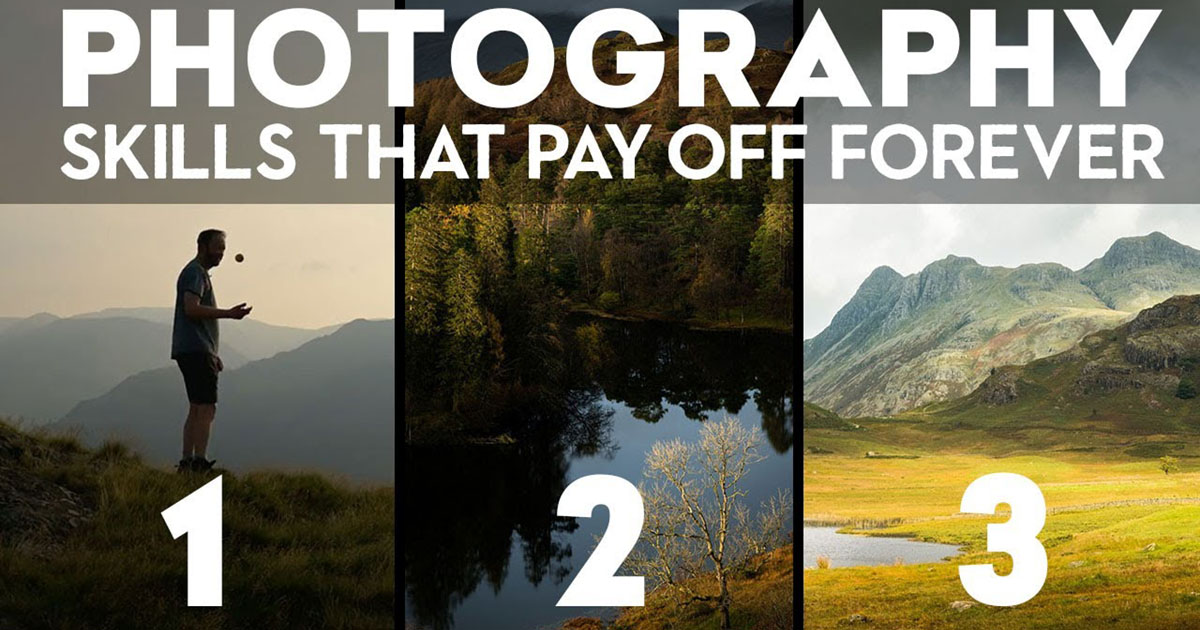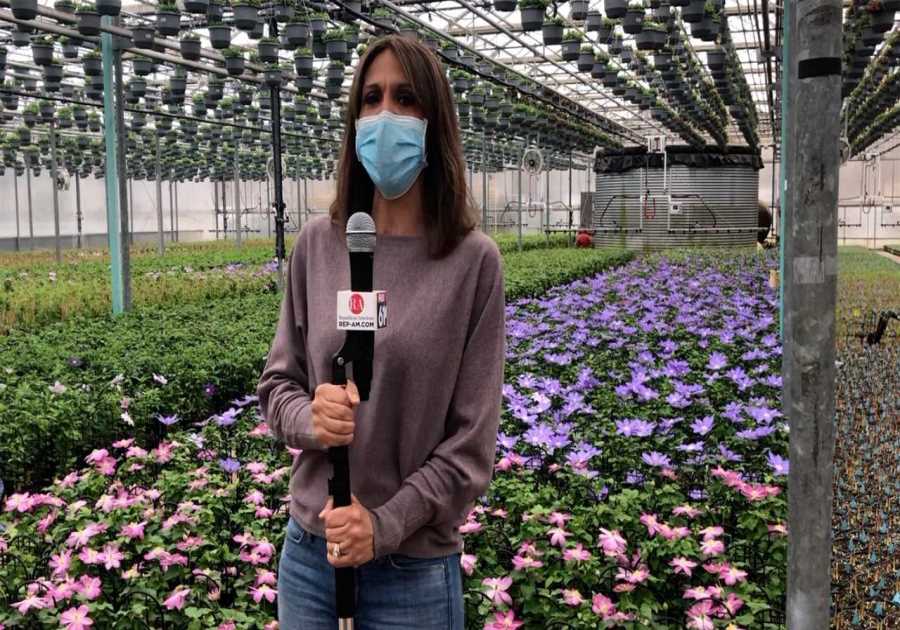
There are countless elements to photography, but there are three elements that have shaped my photography the most.
I am assuming you know the basics of your camera, as they obviously are important. Focus, exposure, and DOF are fundamental to capturing the photo, but photography is an art. It isn’t a science and these three following things require practice and perseverance.
So what are these three elements?
Skill #1. Observation
I have to be honest and say that this is something that only came to my photography in the last 5 years.
Prior to that, I saw something I liked and took a photo of it. One thing that I hear in my workshops is “oh I didn’t see that… you have such a good eye”. But I believe that is just training our observation skills. Everyone can do this.
Like most things, it doesn’t just happen overnight, though — you need to practice. If you do train your observation skills, then when you have some amazing light out on location, you will be able to have the vision to capture an image that is really special.
Here are some things you can do to improve your observation:
Put your camera down. I like to have an apple and just take in the scene when I first arrive. Just looking around without your camera makes a huge difference as you are focusing on the landscape and not how to capture it. Don’t just look at something as an amazing scene but try and think about what you see and what are the elements.
Think about texture, shape, form, and color. Will the colors work together?
In this image you can see how complimentary colours create a powerful scene.Remember a beautiful scene doesn’t necessarily create a really special photo. You need to find that special photo within the scene.
Skill #2. Light
Light is the most important element in an image. Whether you have a stunning sunset or flat light and cloudy skies you need to understand how the light interacts with your surroundings.
Understanding how light creates different forms, textures, and colors within your photo can significantly improve your photography skills.
This shot shows how the absence of light within the image can help the compositionSkill #3. Editing
I am often told I have a painterly feel to my photos, but I never set up to edit my images in a certain way. I just developed a certain style over time. The key thing though is that I have spent a lot of time trying different techniques and often created lots of images from one photo (some of which are best never shown!).
It is so important to know how to edit a photo, how to dodge and burn, how to control color, and most importantly when to edit more or less.
For me, taking the photo is creating a representation of the scene in front of you and putting all the parts together in the RAW file. Editing the photo is then creating an image from that RAW photo that represents what you saw when you were there.
The RAW file will be the same for many photographers (albeit at a slightly different angle, depending on how they observed the scene), but the edited image will differ. That is your style.
I edited this image to create a cool look to the woodlandI hope you found these thoughts useful and inspiring!
P.S. If you enjoy the content then please sign up for more great tips and tutorials on landscape photography on my YouTube channel. I also have a free eBook on composition.
About the author: Nigel Danson is a landscape photographer based in the UK. The opinions expressed in this article are solely those of the author. You can find more of Danson’s work on his website, Facebook, Twitter, and Instagram.






